Heart attack, stroke and heart disease are responsible for a significant number of deaths and hospitalizations each year. Risk factors include smoking, drinking excessive alcohol, excess body weight, high blood pressure, high cholesterol, diabetes, genetic and lack of exercise. However, improvements in detection, awareness and treatment have dramatically reduced the death rates of heart disease. Eating a heart-healthy diet (low in salt and saturated or trans fats, and rich in fruits, vegetables and whole grains) can reduce your risk of cardiovascular diseases. 1. Broccoli Studies imply that the consumption of broccoli reduces immensely the risk of developing cardiovascular complications. Nutrients in broccoli stems reduce bad cholesterol and increase HDLs (good cholesterol) in the bloodstream. Broccoli’s protective function is also linked to its power of enhancing heart’s muscle operation, and protecting it from damage caused by free radicals. 2. Whole Grains Whole grains contain a considerable amount of antioxidants, minerals, fibers and vitamins which have a remarkable impact on the prevention of heart disease. Whole grains consist of both the bran (outside layer) and the germ (layer inside the bran). Refined flour eliminates most of the beneficial constituents of the grain which work together and maintain a healthy heart. 3. Nuts (Choose varieties with less salt) Nuts deliver an overwhelming supply of monounsaturated fats that are favorable to the health of the cardiovascular system. Daily consumption of nuts (one portion), reduces the risk of coronary disease by as much as 30%. In addition, nuts contain Vitamin E which helps lower bad cholesterol and some, like walnuts, are high in Omega-3 fatty acids. 4. Fatty Fish (tuna, salmon, sardines, mackerel) Studies have revealed that regular consumption of fatty fish (Omega-3s), has positive effects on the heart by reducing incidents of arrhythmia (irregular heart beat), a disease often responsible for sudden death. Omega-3 fatty acids reduce the risk of atherosclerosis (plaque build-up in the arteries) and reduce triglycerides. 5. Red Wine Red wine is generally acknowledged for its significant quantity of the molecule “resveratrol”, which helps keep platelets in your blood from sticking together. Resveratrol restricts the formation of blood clots that can block blood vessels and cause strokes and heart attacks. Regular drinking of red wine has protective effects against heart disease which causes serious health problems. 6. Berries Blueberries, strawberries and other berries as well, lower the risk of heart attack by about 30 percent. Berries contain beneficial compounds known as “anthocyanins”, flavonoids (which are antioxidants), that may decrease high blood pressure and dilate blood vessels. Furthermore, berries deliver fiber and Vitamin C which are both linked to a lower risk of stroke. 7. Potatoes Baked or boiled, potatoes are rich in potassium which can help lower blood pressure. Their health benefits include dietary fiber which helps with weight loss and may help lower blood cholesterol, thereby, decreasing the risk of heart disease. Potatoes contain Vitamin B6, which prevents the buildup of a compound called homocysteine. If excessive amounts of homocysteine accumulate in the body, it can damage blood vessels and lead to heart problems. 8. Tomatoes Tomatoes are a good source of the antioxidant “lycopene”, a carotenoid that helps maintain safe cholesterol levels, keeps blood vessels open and lowers heart attack risk. Delicious tomatoes contain high, heart-healthy potassium and low amounts of calories and sugar, important steps you can take to have a healthy heart. 9. Legumes (beans, lentils, chickpeas) Beans are a first-rate source of soluble fiber which has the potential to lower LDL, “bad” cholesterol levels. Legumes are all good sources of minerals, vitamins and other nutrients that may prevent cardiovascular diseases. Significant amounts of magnesium found in legumes improve the flow of blood, oxygen and nutrients throughout the body. 10. Olive Oil Along with nuts, whole grains, vegetables and fruit, the “Mediterranean Diet” lists olive oil as its primary source of fat. Olive oil conveys healthy monounsaturated fat which prevents high cholesterol buildup on the walls of your arteries. Sometimes, a blood clot can build up in the narrowed artery and move to the heart, causing a heart attack.
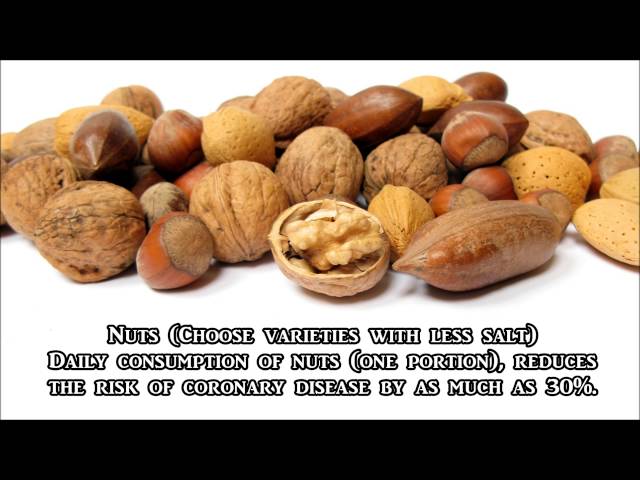
Top 10 Foods to Prevent Heart Disease
- Post author:
- Post published:May 28, 2021
- Post category:Uncategorized
- Post comments:0 Comments
You Might Also Like
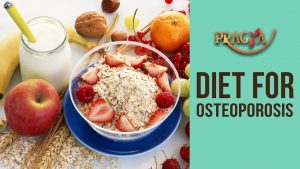
Diet For Osteoporosis | Dr. Vibha Sharma (Ayurveda Consultant)

Front Raises supersetted w/ Lateral Raises

Rear Deltoid-7

Addiction Psychiatry Video – 3

Brandon Williams Uses 150lb Dumbbells for Chest Press

WiLD Soul Flow :: Primal Squat + Kneeling Arms & Low Lunge Sequence
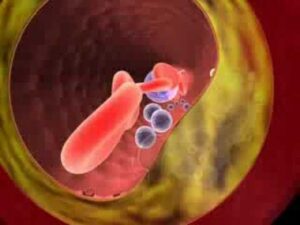
Hypertension

How to Do an Overhead Press | Female Bodybuilding

What Is a Bone Density Scan?

Renova – Linear Shockwave treatment for Erectile Dysfunction

Football Psychology Video – 1

Anatomy and Physiology of Respiratory System
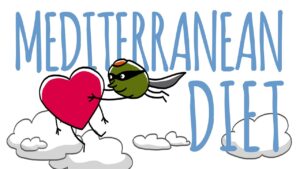
Nutrition For Diseases Video – 2

Aerobic exercise – Medical Definition

Weight Loss Vlog – Ep. 3 – My Experience With Xenical (Orlistat)

How To Do Warm Up And Cool Down

Zenith Biotin Review (Stop Hair Fall)

Supplements Video – 4
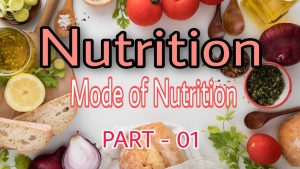
Nutrition Definition | Mode of Nutrition| Class 10th| Science| Life Processes| Part-01
Human Body – Anat & Physio

You Don’t Need Carbs Pre Workout – do this instead…

Total Arm Definition Routine | Larry Edwards

BUILD A BIGGER CHEST – How To Bench Press With Your Pecs

Organ Transplantation Surgeries Video – 4
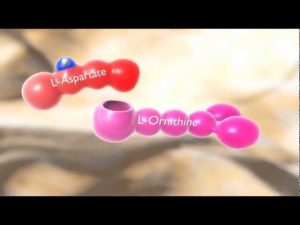
Hepa Merz L Ornithine; L Aspartate

Best energy food during pregnancy and after delivery

DEXA and Bone Density Scans – Lexington Diagnostic Center

Spa Associations Video – 2
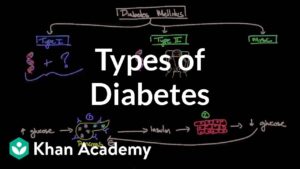
Endocrine System Diabetes And Asanas Video – 4

What To Eat Before And After Your Workout To Maximize Fat Loss – With Thomas DeLauer

Is a New Treatment for Diabetes Near?

Muscle growth animation police

Does Stretching/Warming Up Actually Help?

Pre Workout (EXERCISE) SNACK IDEAS! (Hindi / Punjabi)

Muscles, Part 1 – Muscle Cells: Crash Course A&P #21

Side plank-1

What is HEART? HEART meaning & definition – HEART functions – How to pronounce HEART

20 Side Plank Exercise Variations

What is Renal Hypertension & Renal Stenosis with its management? – Dr. Pallavi Patri

One Arm Row Dumbbell-7

BCAA vs WHEY ISOLATE : Supplement Science on RXMuscle.com

